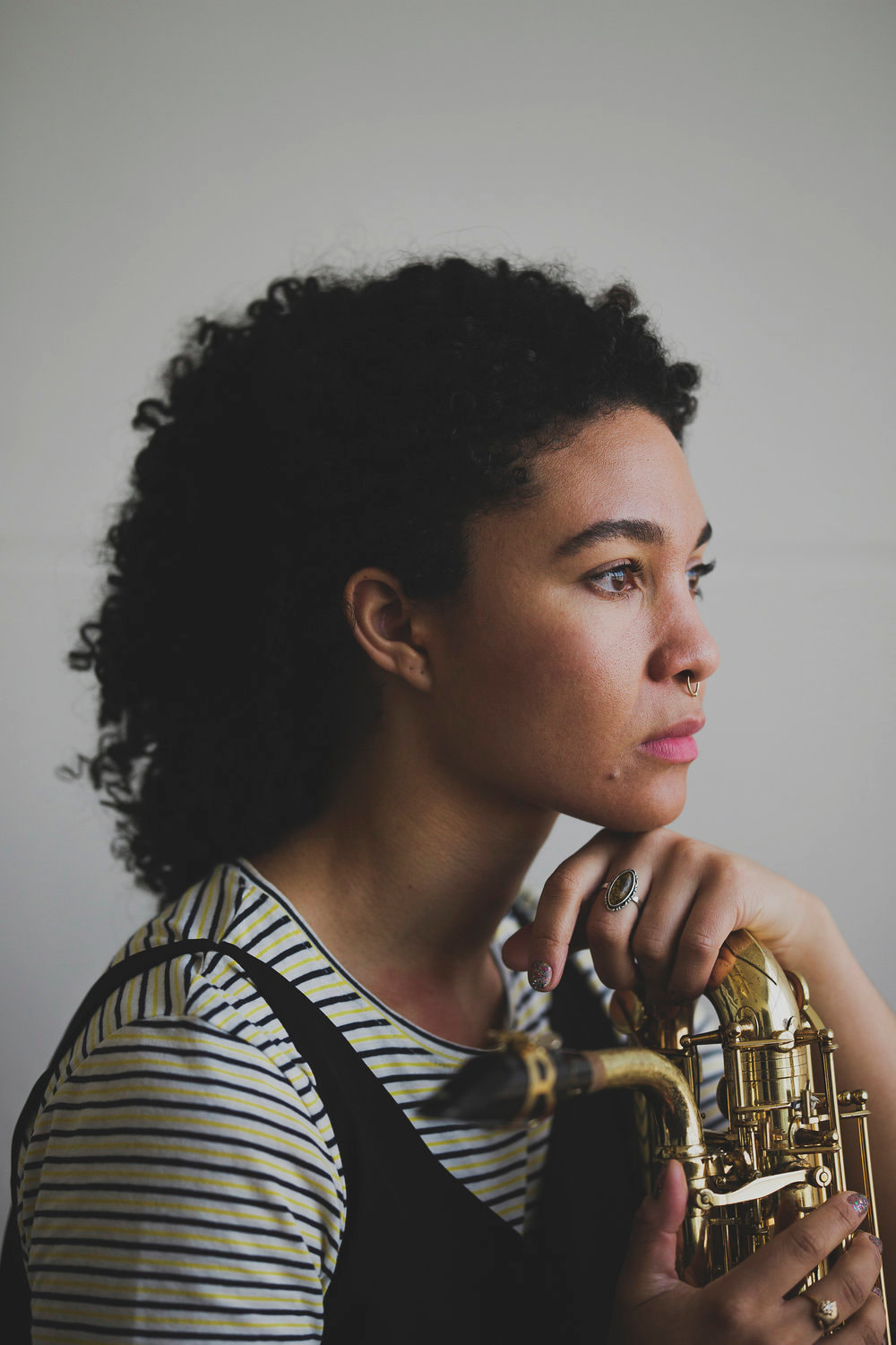of Love and Power
Saturday, December 17, 2022 | 7:30 PM
Benzaquen Hall, DiMenna Center for Classical Music
450 W. 37th Street, New York, NY 10018
Benzaquen Hall, DiMenna Center for Classical Music
450 W. 37th Street, New York, NY 10018
WELCOMEPROGRAM NOTES BY ARTISTIC DIRECTOR LADY JESS
2020-on has been, for so many of us, an exercise in living in the gray, as the nation’s socio-economic and political landscape has become ever more polarizing. Tonight’s performance was originally conceived in honor of Loving Day, a national holiday named after the interracial couple Richard and Margaret Loving. The Lovings were arrested for their union in Virginia in 1958, and vindicated some nine years later when the U.S. Supreme Court both ruled in their favor and struck down all State laws against interracial marriage in the United States. The program you’ll hear this evening attempts to satisfy that theme and also expand it; there are few moments in American History which shine such a mirror on our nation’s storied struggle to transverse racial lines. In further exploration of the topic, we widened our reach to also explore intersectionality. Works by Julius Eastman, Shelley Washington, Lady Jess and David Baker paint individual portraits of nuances we all share as people of color; as people of mixed race; as Black people. Within the context of this program, we also aim to mindfully consider the mercurial nature of family, whether it be by definition or of one’s choosing. The audience is welcomed, encouraged, compelled to use the art of loving investigation to find where their individual perspective is most at home, and to encourage continued empathy towards each other as we navigate the current anthropological period of both chaos and renaissance.
This series is lovingly dedicated to Harriett Fallon, a tireless supporter and esteemed board member of Urban Playground Chamber Orchestra since its inception in 2014. ‘At that moment the opposite takes place to that which took place when life entered the first unit, after nature had prepared it for the inception of life. How the vigorous life watched the passage of the liberated life out of its earthly environment! What a change this is! How important the knowledge of whither life tends! Here is shown the setting free of a disciplined spirit giving up its mortality for immortality,- the condition necessary to know God. Death! There is no death. Life is everlasting, and from its reality can have no end. Life is real and never changes, but preserves its identity eternally as the angels, and the immortal spirit of man, which are the only realities and continuities in the universe...’ - Of One Blood, Pauline Hopkins (1902)
|
|
of Love and Power is made possible in part with public funds from Creative Engagement, supported by the New York City Department of Cultural Affairs in partnership with the City Council and the New York State Council on the Arts with the support of New York's Governor and the New York State Legislature and administered by LMCC. |

THANK YOULynne Foote
Debbie, Tyler & The DiMenna Center for Classical Music Chris McIntyre Richard Valitutto, Chris Rountree & Wild Up Lower Manhattan Cultural Council Board of Trustees Fred Baba Alicia Brozovich Tom Cunningham, Executive Director Harriet D. Fallon (1950-2022) Eugenia Forteza Lady Jess, Artistic Director Jeff Levine Kate Suffern |
Art work by Olivia Marie Suffern
|